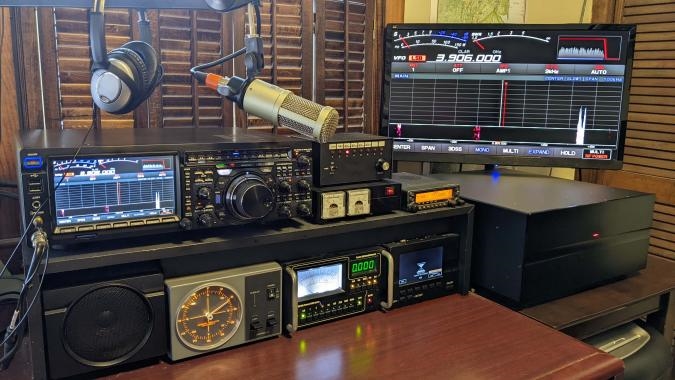The Internet Archive is building a library of amateur radio broadcasts
It’s also looking for print materials to digitize, as well as early-internet communications.


The Internet Archive is aiming to build up a new library of old content. It’s expanding beyond Flash games and animations, movies, books and (of course) snapshots of websites with the Digital Library of Amateur Radio and Communications (DLARC). This particular archive, which will be led by tech historian Kay Savetz, will include amateur radio broadcasts and digital material from the early days of the internet.
Savetz told Gizmodo that his remit includes just about any kind of digital communications from the 1970s until the early 1990s. While the preservation project focuses on amateur radio recordings, it may also feature early podcasts, digital newsletters, photos, videos and, yes, websites. There are plans to digitize print materials as well. “I want the obscure stuff, the locally-produced ham radio newsletters or the smaller magazines, that sort of thing,” Savetz said.
The DLARC team, which has funding from the Amateur Radio Digital Communications Foundation, is looking for help to build out the collection. It’s seeking “partners and contributors with troves of ham radio, amateur radio, and early digital communications-related books, magazines, documents, catalogs, manuals, videos, software, personal archives and other historical records collections, no matter how big or small.” It added that every collection in the library will be accessible to everyone. The project will also offer a discovery portal designed for education and research use cases.
(20)